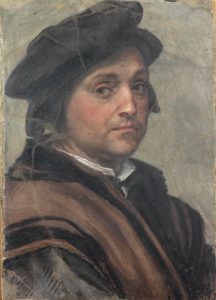Autora: Elsa Berry (Francia): Associate Professor, University of Poitiers (France). Correo electrónico: elsa.berry@univ-poitiers.fr
Abstract: In French law, there are only two models of couples between which a choice is really possible to organize their patrimonial relationships: partnership or marriage. But, if the couple intends to organize a transfer of assets between companions both during the union and in case of death, it is definitely marriage that offers more possibilities than partnership. Often, young French couples, who do not wish to marry, either not at the begining of their relationship or not at all, have the idea that, if marriage organizes a legal protection of the couple, the partners have the possibility to provide conventionally equivalent protection. In fact, this idea is wrong.
Key words: marriage: partnership; transmission; legal protection; reserve.
Resumen: En el Derecho francés, solo hay dos modelos de pareja entre los que realmente es posible elegir para organizar sus relaciones patrimoniales: la unión de hecho o el matrimonio. Pero, si la pareja pretende ordenar una transmisión patrimonial entre ellos, tanto durante la unión como en caso de fallecimiento, definitivamente es el matrimonio el que ofrece más posibilidades. A menudo, las parejas jóvenes, que no desean casarse, ya sea al principio de su relación o en ningún momento, tienen la idea de que, si el matrimonio ofrece una protección legal de la pareja, los unidos, tienen la posibilidad de proporcionar una protección convencional equivalente. De hecho, esta idea es incorrecta.
Palabras clave: matrimonio; unión de hecho; transmisión; protección legal; reserva.
Sumario:
I. Introduction.
II. In the process of union.
1. Common Patrimonial Effects.
2. The choice of a matrimonial regime.
III. In the event of death.
1. For the spouses.
2. For the partners.
Revista indexada en SCOPUS (Q3), REDIB, ANVUR (Clase “A”), LATINDEX, CIRC (B), MIAR.
Referencia: Actualidad Jurídica Iberoamericana Nº 15 bis, agosto 2021, ISSN: 2386-4567, pp. 14-23.






